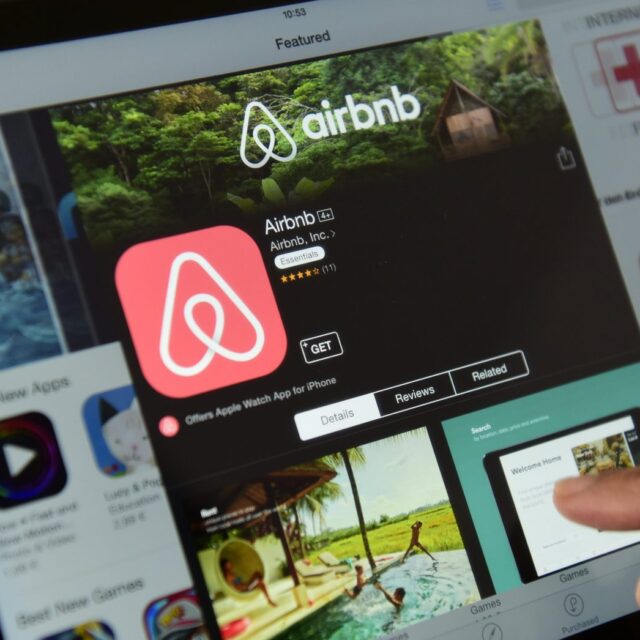Boston Herald, July 2021
An increase in Airbnb rental units in Boston neighborhoods may be linked to spikes in violent crime, according to a new study from researchers at Northeastern University. Researchers’ findings show violent crime rose with the number of Airbnb short-term rental units in an area, while other types of crime did not. “Airbnb prevalence in a neighborhood appears to be associated with increases in violence, but not with public social disorder or private conflict,” the study concluded.
The peer-reviewed study looked at Airbnb housing data in Boston from 2011 to 2018, data from Northeastern, and 911 dispatches from that same time period. Northeastern professors examined violent and nonviolent crime reports, and found that violent crime tended to rise about a year or two after an increase in Airbnbs. The housing data used in the study came from a website independent of the $75 billion company.
Between 2014 and 2018, the number of Airbnbs in Boston grew from 2,558 to 6,014, according to the study. In 2019, Mayor Martin Walsh settled with Airbnb to regulate short-term rentals in Boston.
The authors of the study, Dan O’Brien and Babak Heydari, suggest the data may show that when more transient people take up residence in a neighborhood, like in a home-share, they don’t form the same connections and obey the same expectations as longer-term residents.




